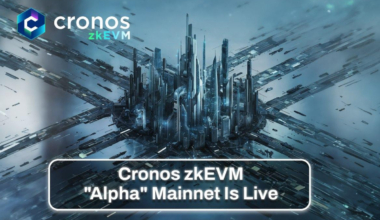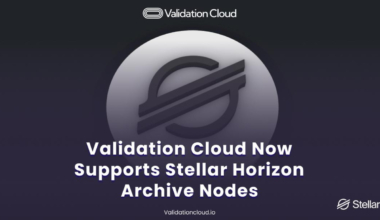Arizona Governor Katie Hobbs has vetoed a bill that aimed to prevent local governments from imposing taxes and fees on crypto mining operations.
The vetoed bill, SB 1236, intended to make sure that taxes and fees imposed on blockchain mining node operators are a statewide concern, not a matter that can be decided at the city, town, or county level.
Governor Hobbs’ letter stated that the bill “prevents local policymaking concerning an emerging and potentially energy-intensive economic activity,” and fails to engage with local stakeholders. The veto could lead to better regulation of crypto mining and allow for more nuanced tax policies.
Governor Hobbs also mentioned that the bill had an overly broad definition of blockchain technology. While there is no record of any part of Arizona attempting to impose crypto bans below the state level, other states, including North Carolina, have done so.
On the other hand, states such as Montana, Arkansas, and Mississippi have taken steps to eliminate discriminatory laws against mining.
SB 1236 was initially sponsored by Arizona Senator Wendy Rogers, a member of the Republican party who is known for her attempts at crypto legislation. Rogers recently sponsored another high-profile cryptocurrency bill, SB 1235, which aims to recognize Bitcoin as a legal tender in Arizona.
The bill has not been vetoed, nor has it been enacted into law, as of March 2023. Rogers has also introduced two other relevant bills: SB 1239, which aims to allow state agencies to accept crypto as payment, and SB 1240, which aims to exempt cryptocurrency from property taxes. Both bills have passed Arizona’s Senate and can now be considered by the House.
Governor Hobbs, a member of the Democratic party, has vetoed several bills unrelated to cryptocurrency in recent weeks and months. It is unclear why she has refrained from vetoing Rogers’ other crypto bills or whether she will do so in the future.



